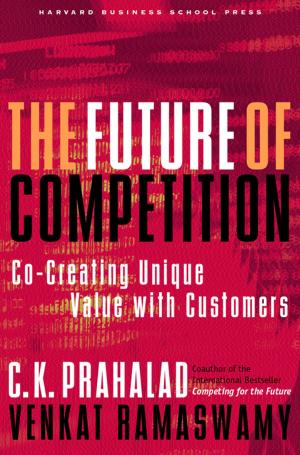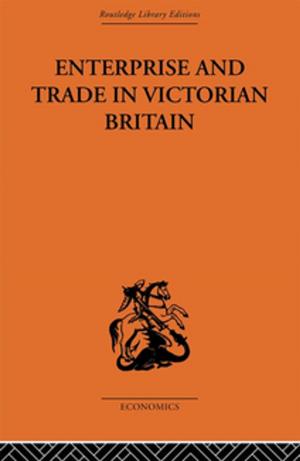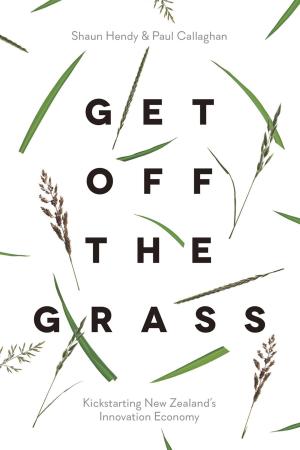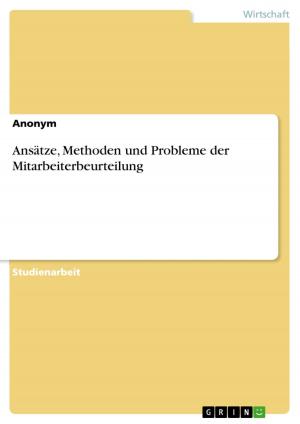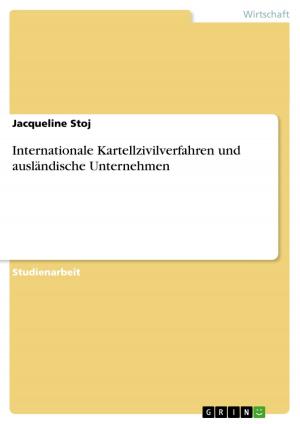Looking Back
How Pakistan Became an Asian Tiger by 2050
Nonfiction, Social & Cultural Studies, Political Science, Politics, City Planning & Urban Development, International, Business & Finance| Author: | Nadeem Ul Haque | ISBN: | 9780995903005 |
| Publisher: | KITAB | Publication: | February 16, 2017 |
| Imprint: | KITAB | Language: | English |
| Author: | Nadeem Ul Haque |
| ISBN: | 9780995903005 |
| Publisher: | KITAB |
| Publication: | February 16, 2017 |
| Imprint: | KITAB |
| Language: | English |
By 2050, Pakistan had achieved a miracle. It had transformed itself from a poverty-ridden, malnourished, corrupt and aid dependent country in 2015 to qualifying for High Income category by the World Bank and the top decile in both the Competitiveness index and Social Progress Index by 2050. Where once travel advisories warned people from visiting, it is now key destination for foreign investors, students, research and even tourism. Once a basket case seeking aid, now it has a large sovereign wealth fund. Once homeland of hordes on unemployed youth and an exporter of cheap labor today Pakistan is a center of higher learning, research and the 7th largest patent recipient in the world.
How did this transformation take place? Was it good policy or good luck? Was this process driven by external aid or domestic pressures What can we learn from this experience?
Eminent economist Nadeem Ul Haque creates a fictitious narrative in this book to comment on the practice of public policy in Pakistan and how it can shape future change.
By 2050, Pakistan had achieved a miracle. It had transformed itself from a poverty-ridden, malnourished, corrupt and aid dependent country in 2015 to qualifying for High Income category by the World Bank and the top decile in both the Competitiveness index and Social Progress Index by 2050. Where once travel advisories warned people from visiting, it is now key destination for foreign investors, students, research and even tourism. Once a basket case seeking aid, now it has a large sovereign wealth fund. Once homeland of hordes on unemployed youth and an exporter of cheap labor today Pakistan is a center of higher learning, research and the 7th largest patent recipient in the world.
How did this transformation take place? Was it good policy or good luck? Was this process driven by external aid or domestic pressures What can we learn from this experience?
Eminent economist Nadeem Ul Haque creates a fictitious narrative in this book to comment on the practice of public policy in Pakistan and how it can shape future change.





